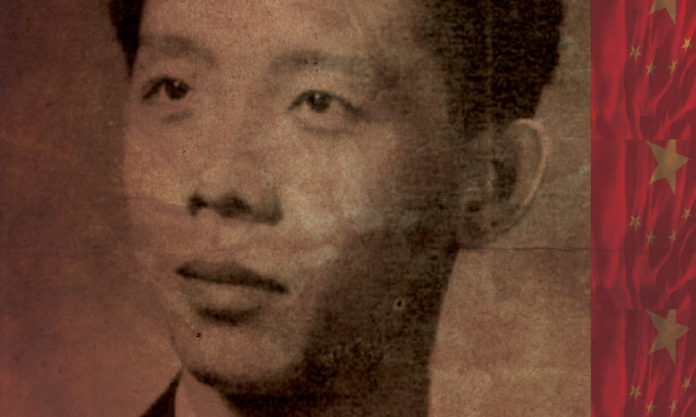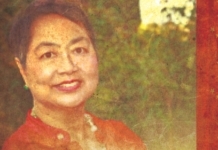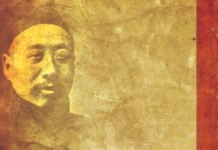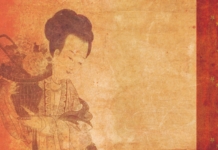Zhu Dexi (朱德熙) was a man to whom every student of the Chinese language owes a debt of gratitude; with a penchant for the analysis of grammar and rhetoric, Chinese would be a whole lot more impenetrable today were it not for a contribution of which he was blissfully unaware.
Born in Nanjing on 24 October, 1920, Zhu hardly started out life destined for a career as an educator; his family largely comprising officials in the Ministry of Finance’s Bureau of Salt.
Yet, Zhu independently chose to memorise the classics of ancient Chinese poetry at a surprisingly young age. By the time he was 11 or 12 years old, Zhu was devouring classic novels.
At age 18, following an initial detour at National Southwestern Associated University to the Physics Department, Zhu found his true calling a year later in the Chinese Department.
It was upon graduation that Zhu’s true destiny emerged, lying at the intersection of the Chinese language and foreign higher education. This he first began in 1945 by teaching at l’Université Franco-chinoise de Kunming (昆明中法大学) for 1 year before taking a post in the Chinese department of Tsinghua University in Beijing.
In 1952, now promoted to adjunct professor, Zhu next also began teaching at Peking University, which led to him the same year becoming the first professor of Chinese to teach abroad, when the Ministry of Higher Education assigned him to Sofia University in Bulgaria, where he remained for 3 years.
Returning to China, and to Peking University, Zhu was promoted to professor in 1979 and it was during these years that he also published the bulk of his writings, mostly on the subject of Chinese grammar.
Among the highlights were “Research on Adjectives in Modern Chinese: The Nature and Status Categories of Adjectives” (1956), “Attributive and Adverbial” (1957), ”Grammar, Rhetoric, Composition” (1984) and “Questions and Answers on Grammar” (1985).
Indifferent to fame and fortune throughout his life, Zhu hated ostentation and vanity. During his tenure at Peking University, he had served as Deputy Director of the Chinese Department, Vice President, Dean of the Graduate School and Doctoral Supervisor; positions from which he repeatedly asked to resign, in order to focus on teaching and academic research.
Following his death, no less than three books of Zhu’s collective works were published by various houses back in his native China.
Even his wife, He Kongjing (何孔敬) put pen to paper as widow, in a memoir to her husband entitled, “Sauvignon Blanc – Zhu Dexi its people” (长相思——朱德熙其人), published in 2007 and available today on Amazon.
Over the course of his career, Zhu had been invited to give lectures, do research and attend conferences in countries and regions such as Australia, Bulgaria, France, Hong Kong, Singapore, Thailand and the USA, even receiving an honorary doctorate from Paris Diderot University in 1986.
Back home, Zhe had become Member of the Standing Committee of the Seventh National People’s Congress, a Representative of the Sixth and Seventh National People’s Congress and an advisor on the Encyclopedia of China.
In 1989, Zhu took what was to be his final teaching post, in the USA, where he worked until passing away from cancer on 19 July, 1992.












